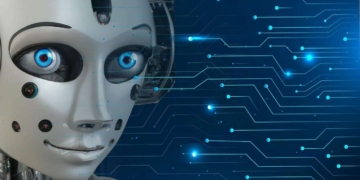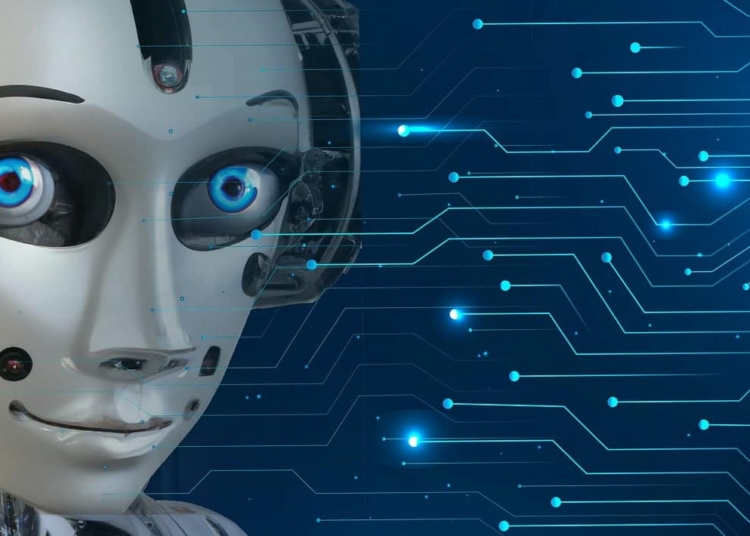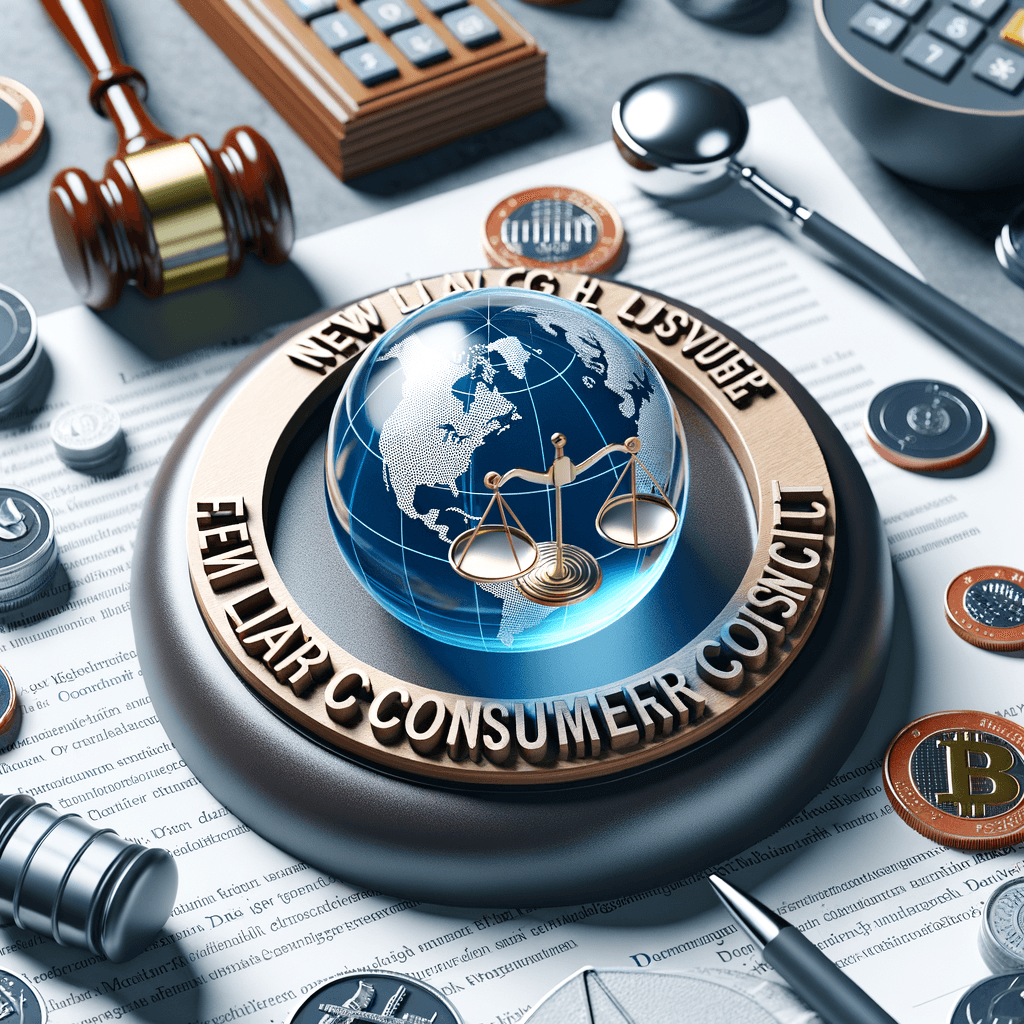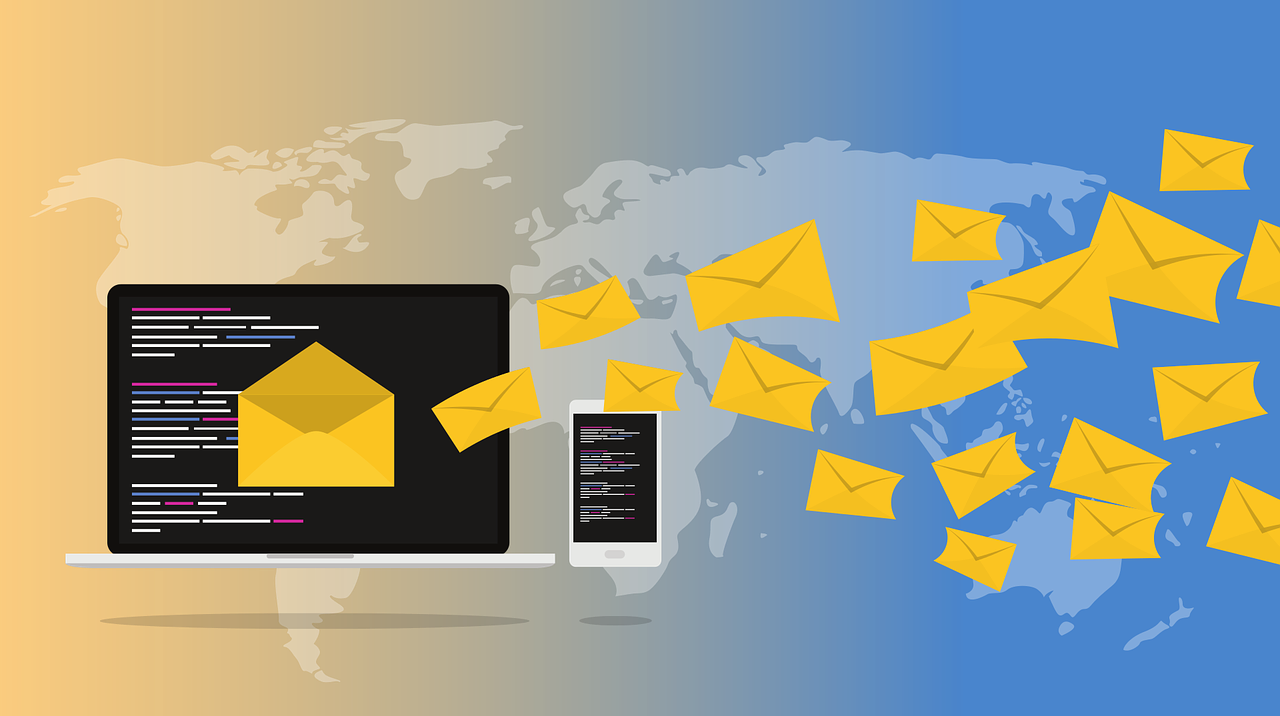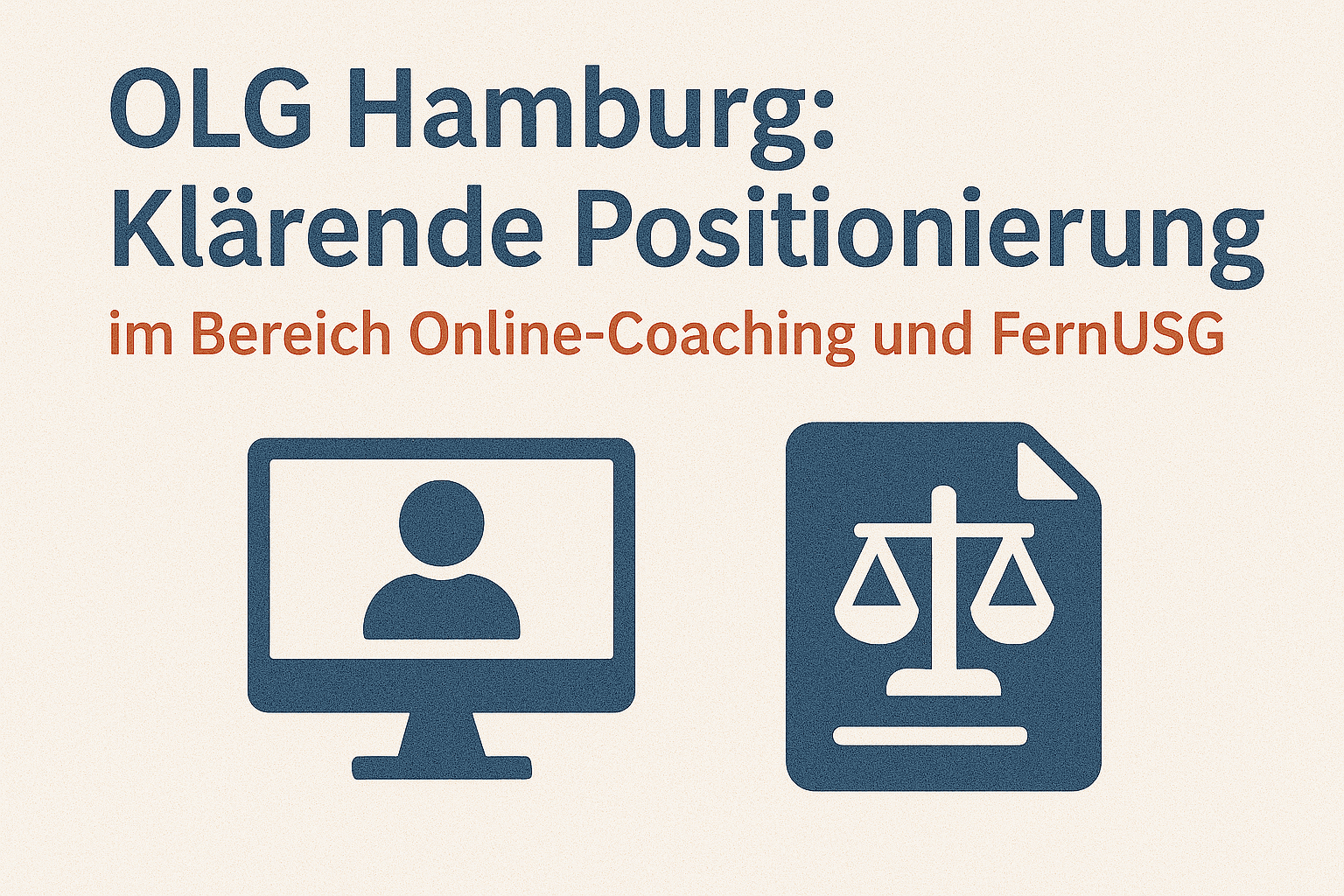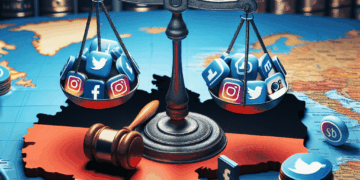Last week it was a bit quieter here on the blog. The reason is that I was on the road at the Bits & Pretzels conference and had some big mandates to work off. But today, on the bridge day, I want to take the opportunity to share some of the learnings from Bits & Pretzels with you. One of the most noticeable themes at the conference was that felt every third to fourth startup was somehow involved with AI (artificial intelligence). And no, it wasn’t just about ChatGPT or other text generators.
It is important to understand that ChatGPT is “just” a Language Model (LLM). Although text generators like ChatGPT are impressive, they represent only a small part of the wide range of AI applications. It also emerged from many discussions at the conference that few lawyers can offer the expertise and legal knowledge to deal with such complex issues. This underscores the need for legal experts to engage more intensively with the multi-faceted aspects of AI in order to adequately advise startups and established companies.
Examples of AI applications apart from text generation
From the conversations at the Bits & Pretzels conference, I’d like to summarize some examples of how AI is being applied in different areas:
- Image recognition: AI systems can identify objects, people or even diseases from images. This is particularly useful in medicine for early detection of diseases. This technology is also used in retail for automated checkout systems.
- Autonomous vehicles: AI algorithms control self-driving cars and optimize traffic flow. This could reduce the number of traffic accidents and lower CO2 emissions.
- Healthcare: From diagnosis to treatment planning, AI is playing an increasingly important role. AI can, for example, analyze MRI images and assist doctors in making diagnoses.
- Financial market analytics: AI can identify complex patterns in financial data. This enables better investment decisions and can contribute to the early detection of financial crises.
- Energy optimization: AI systems can optimize energy consumption in buildings or entire cities. This is not only cost-efficient, but also environmentally friendly.
- Agriculture: AI can increase farm yields. By analyzing weather data and soil conditions, harvest times can be optimally planned.
- Environmental monitoring: AI can be used to monitor environmental impacts such as air quality. This is critical for public health and urban planning.
- Cybersecurity: AI can detect unusual activity on the network and initiate immediate defensive measures. This is crucial for the protection of sensitive data.
- Supply chain management: AI can increase supply chain efficiency. By predicting supply bottlenecks, companies can take proactive action.
- Customer service: In addition to simple chatbots, there are also providers with highly complex speech synthesis that are turning the working world upside down. This allows for faster response time to more complex concerns and human-like interaction.
- Speech recognition: AI can convert human speech into text and vice versa. This is useful for the development of assistance systems and translation software.
- Emotion recognition: AI can recognize human emotions based on facial expressions or speech patterns. This has applications in psychology and marketing.
- Weather forecasting: AI can analyze large amounts of weather data and make more accurate predictions. This is critical for agriculture and contingency planning.
- Music and movie recommendations: AI can analyze a user’s tastes and make personalized recommendations. This increases user engagement and dwell time.
- Quality control in production: AI can monitor the quality of products in real time. This reduces the error rate and saves costs for companies.
- AI radio stations: AI can curate music and news to create personalized radio stations. This allows for a more personalized listening experience and can increase the station’s reach.
- Sports analytics: AI can analyze player performance and strategies to give coaches better insights. This can improve the team’s performance and lead to more wins.
- E-commerce: AI can analyze buying behavior and generate personalized offers. This increases the conversion rate and sales for online retailers.
- Traffic management: AI can analyze and optimize traffic flows to reduce congestion. This improves mobility in cities and reduces CO2 emissions.
- Text analytics for scientific research: AI can analyze large volumes of scientific texts to identify trends and findings. This accelerates research and promotes scientific discovery.
And these are just examples of startups that I ran across at Bits & Pretzels and in the last few weeks during my daily work and research. AI will impact every business and AI is much more than just ChatGPT.
Legal challenges in AI applications
In addition to the many opportunities AI offers, there are also a number of legal challenges that should not be ignored:
- Liability for AI acting incorrectly: Who is liable when an AI makes incorrect decisions? Is it the developer, the user, or even the AI itself? This issue is particularly relevant when there is financial loss or even personal injury. In many jurisdictions, liability is not yet clear, leading to uncertainty in the application of AI. Companies therefore need to be very careful and possibly take out additional insurance.
- Data protection: AI systems often process large amounts of personal data. How is data protection ensured? The GDPR in the EU imposes strict requirements on the processing of personal data. AI systems must be designed to comply with privacy regulations, which can be a challenge for developers. In addition, data storage must be transparent and secure.
- Ethics and discrimination: AI systems can adopt developers’ unconscious biases. How do you ensure that AI follows ethical principles? It is important that AI systems are programmed not to make discriminatory decisions. This requires careful selection of training data and constant monitoring of AI decisions.
- Intellectual property: Who owns the intellectual property in an AI-generated idea or product? This question is becoming more relevant as AI increasingly takes on creative tasks. It is unclear whether an AI-generated work can be copyrighted or whether protection is due to the developer of the AI or the user of the AI.
- Contract law: How are contracts drafted that involve AI applications? This is particularly relevant when AI is used in business processes. Contracts must clearly define which party is responsible for which aspects of the AI application, including potential errors or failures.
- Compliance and regulation: AI applications must comply with a wide range of regulatory requirements, which can vary by industry. This requires close collaboration between developers, legal departments, and regulators to ensure that the AI application complies with legal requirements.
- Transparency and traceability: AI systems are often “black boxes” whose decision-making is not easily traceable. This can be problematic in legal disputes, especially when it comes to justifying AI decision making.
- Security and cyberattacks: AI systems are not immune to cyberattacks. An attack on an AI system can have serious consequences, especially if the system is used for critical infrastructure such as energy supply or healthcare.
- International legal framework: AI is a global technology, but legal frameworks can vary from country to country. This presents a challenge for companies that want to offer their AI applications internationally.
- Labor law: With increasing automation through AI, many jobs could become redundant. This raises questions about labor law, particularly with respect to terminations and retraining.
Conclusion: Why I am your contact for AI legal issues
The year 2023 has brought some interesting developments in the technology industry. In particular, the so-called “crypto winter” has led to the relevance of blockchain in my mandate structure, by providers of AI solutions, has been significantly overtaken. I have already dealt intensively with a variety of legal issues that go far beyond the topics of text generation. From liability issues in autonomous vehicles to privacy and compliance in AI-driven healthcare systems, I have the expertise to advise you or your company in these complex and rapidly evolving areas of law.
So if you’re facing the challenge of navigating the legal aspects of AI applications, I’d be happy to engage in conversation with you. Of course I am always open for further mandates. I bring not only legal expertise, but also many years of experience as an entrepreneur to offer you holistic solutions.
I look forward to exciting discussions and, of course, to new mandates. Let’s master the legal challenges of the AI world together!
